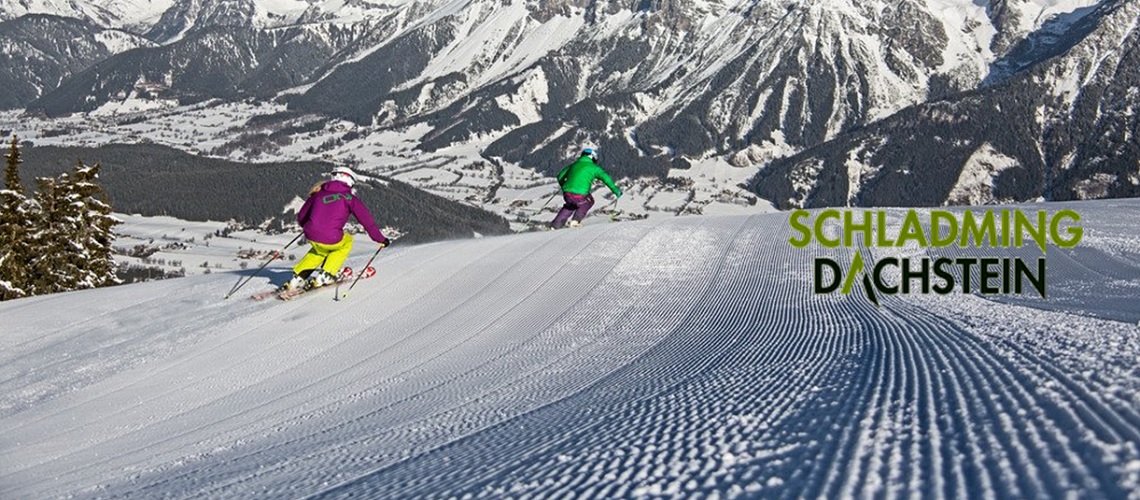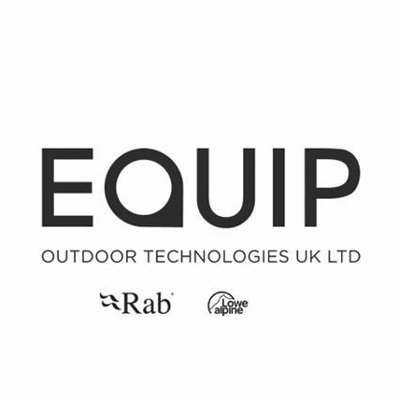Planai / Schladming Achieves 90% Reduction In Emissions Through The Use Of Organic Fuel

The Planai-Hochwurzen railways are now taking a visionary step. As one of the first cable car companies in Austria, they rely on the large-scale use of organic fuel. From January 2024, all snow groomers on Planai, Hochwurzen and Galsterberg, the company's entire new company vehicle fleet and suitable vehicles from the Planai bus fleet will be converted to run on "HVO100" fuel.
“Last winter we used two identical models in our fleet of snow groomers for testing purposes. One was powered by conventional diesel and one was powered by palm oil-free HVO100 fuel. The results were sensational: Emissions, such as CO2, could be reduced by around 90% compared to the use of conventional diesel, without losing effectiveness,” said Planai Managing Director Dir. Georg Bliem. This statement is supported by a study by Thomas Klein Consulting GmbH, which scientifically accompanied this endurance test on the Planai.
Scientific practical test delivers remarkable results. In the period from December 7, 2022 to April 17, 2023, an analysis was carried out on the use of diesel and HVO100 as fuel for snow groomers. For precise data collection, two snow groomers of the same Prinoth type were monitored using special software. Both monthly and daily average values as well as total quantities were calculated and presented.
In summary, the investigation showed that the performance of the snow groomers was hardly affected by the switch from diesel to HVO100. For comparable performance, even a smaller amount of HVO100 was required compared to diesel. This was evident in almost all parameters considered, with the exception of fuel consumption during idle phases or when the milling machine was switched off.
The ecological results were particularly pleasing: HVO100 as the main fuel reduced greenhouse gas emissions - including direct and indirect emissions - by almost 90%. From an economic point of view, switching from diesel to HVO100 is also feasible. “Despite the additional costs caused by the use of HVO, the change on all of our ski mountains definitely represents this. On the one hand, this is a very important step in terms of sustainability, but on the other hand the added value for the reputation of the Planai-Hochwurzen cable cars is also extremely important,” adds Planai Managing Director Dir. Georg Bliem. In addition, converting the vehicles does not result in any additional service or maintenance costs, and the consumption of the additive AdBlue could be reduced by around 8 - 10% by using HVO100.
Dr. Thomas Klein notes that - compared to laboratory conditions - planning and carrying out a field study over an entire season involving all actors along the supply chain (from the engine manufacturer to the snow groomer manufacturer to the fuel supplier) was an immense challenge. Nevertheless, this ultimately led to real, understandable and sustainable results. The smooth field study was made possible by the cooperation of the actors from the entire supply chain, the employees of the Planai-Hochwurzen-Bahnen and the scientific support of Prof. Johannes Khinast from TU Graz. This represents significant progress in the more sustainable use of snow groomers and also brought new insights.
“By switching to the fossil-free diesel fuel HVO100, the Planai-Hochwurzen-Bahnen are setting a new benchmark and are further expanding their role as a model company in the areas of the environment, ecological sustainability and energy in Austrian tourism. Sustainable tourism is a particular concern for us in the Green Heart of Austria and I am convinced that this investment will set an example for other companies,” said State Tourism Councilor Eibinger-Miedl.
What is HVO100?
HVO100 is a hydrogenated oil. It consists of vegetable and animal fat waste. The fuel is produced synthetically and results in a high-quality fuel made from renewable raw materials. The structure is identical to fossil diesel. The Planai-Hochwurzen cable cars only use palm oil-free HVO fuel.
What ecological aspects does the use of HVO100 have?
- Reduction of greenhouse gas emissions of around 90% (including all indirect and direct emissions)
- Less consumption of HVO100 than diesel for the same performance
- Reduction of AdBlue consumption by 8 - 10%
When and where will the Planai-Hochwurzen railways switch from diesel to HVO100?
From January 2024 for all 22 snow groomers on Planai, Hochwurzen and Galsterberg for a total piste area of 300 hectares, a large part of the Planai bus fleet and the entire company fleet with 36 vehicles.













